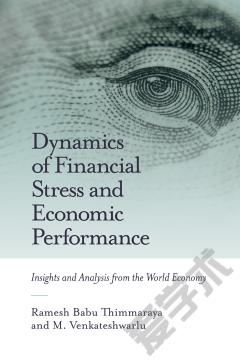Financial Performance: Analysis, Measures and Impact on Economic Growth
Globally, family businesses constitute one of the pillars of social welfare, exerting an active and fundamental role in modern economies by generating wealth and creating jobs. This institution provides security and progress for family participants in the project, and benefits both the community and the national and international economic structure. To analyze its impact on the economy, Chapter One empirically examines the effect of the value generated by family business on economic growth worldwide, nationally and in industry sectors. Chapter Two studies whether the one-rule-fits-all approach adopted by the Nigerian Securities Exchange Commission promotes firm performance irrespective of the firms’ ownership structures in Nigerian family owned firms. Chapter Three takes a close look at how corporate governance practices are evaluated by stock market participants. In Chapter Four, the link between financial inclusion, development and economic growth in low income countries is examined.
{{comment.content}}








 京公网安备 11010802027623号
京公网安备 11010802027623号